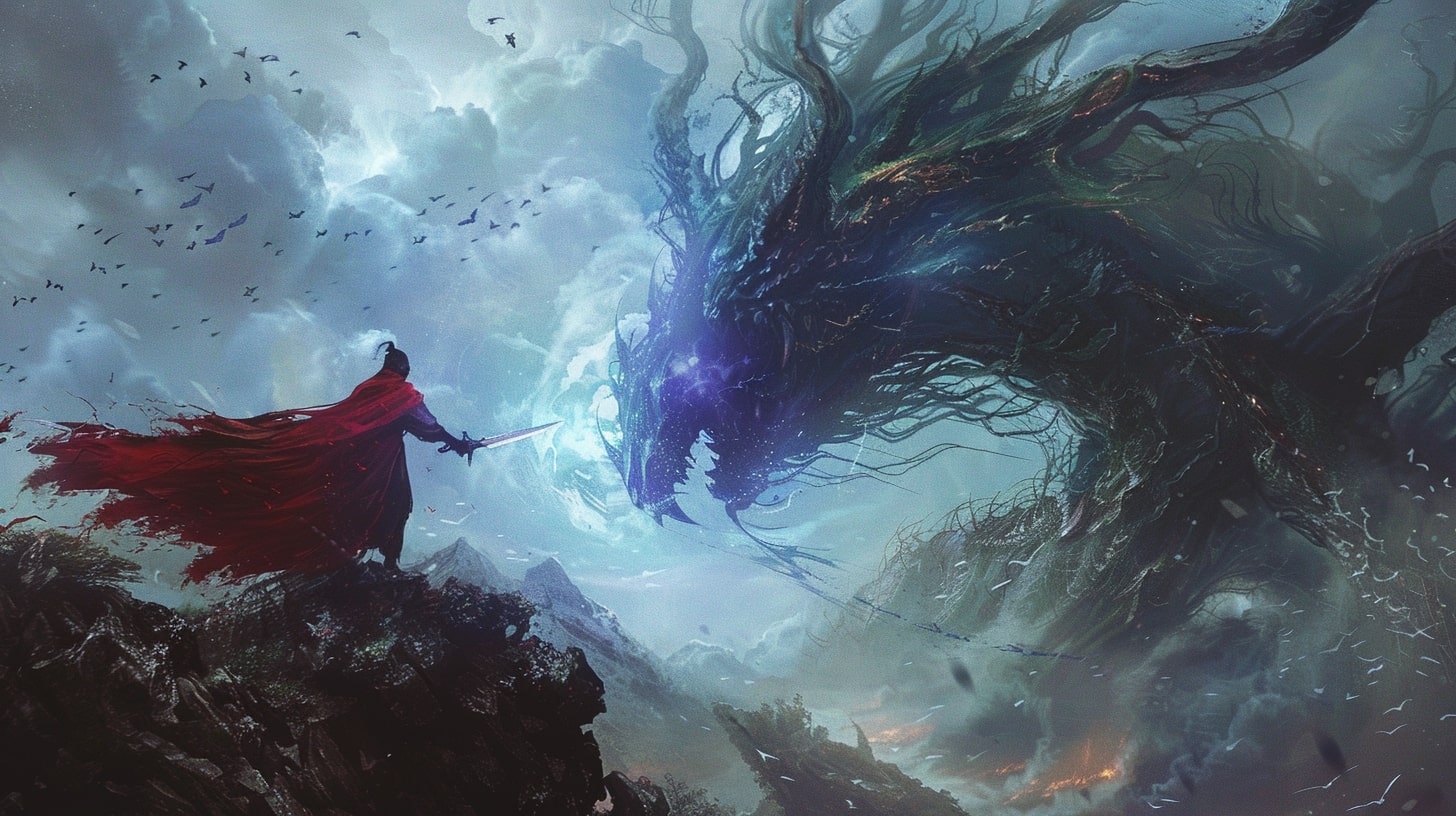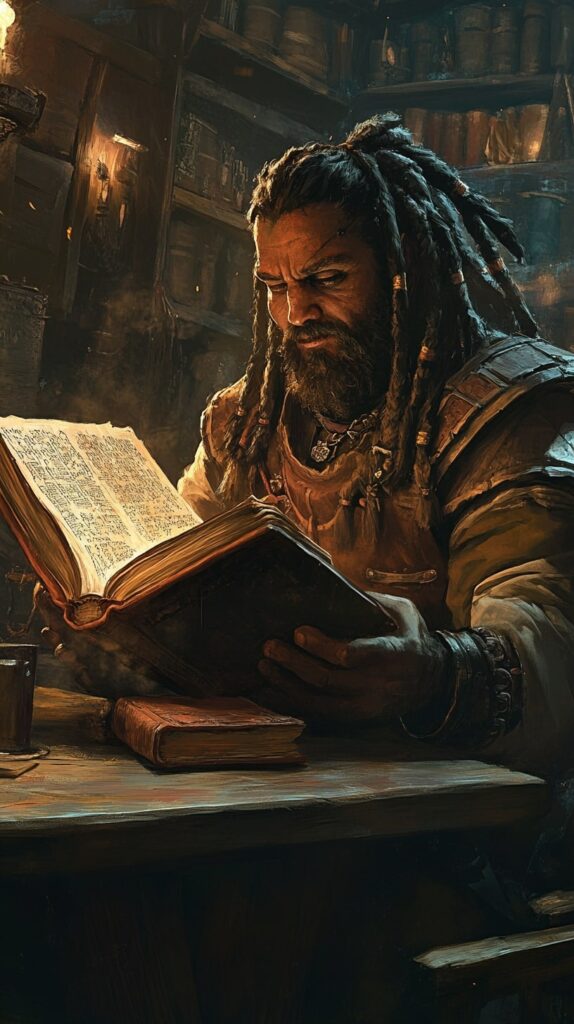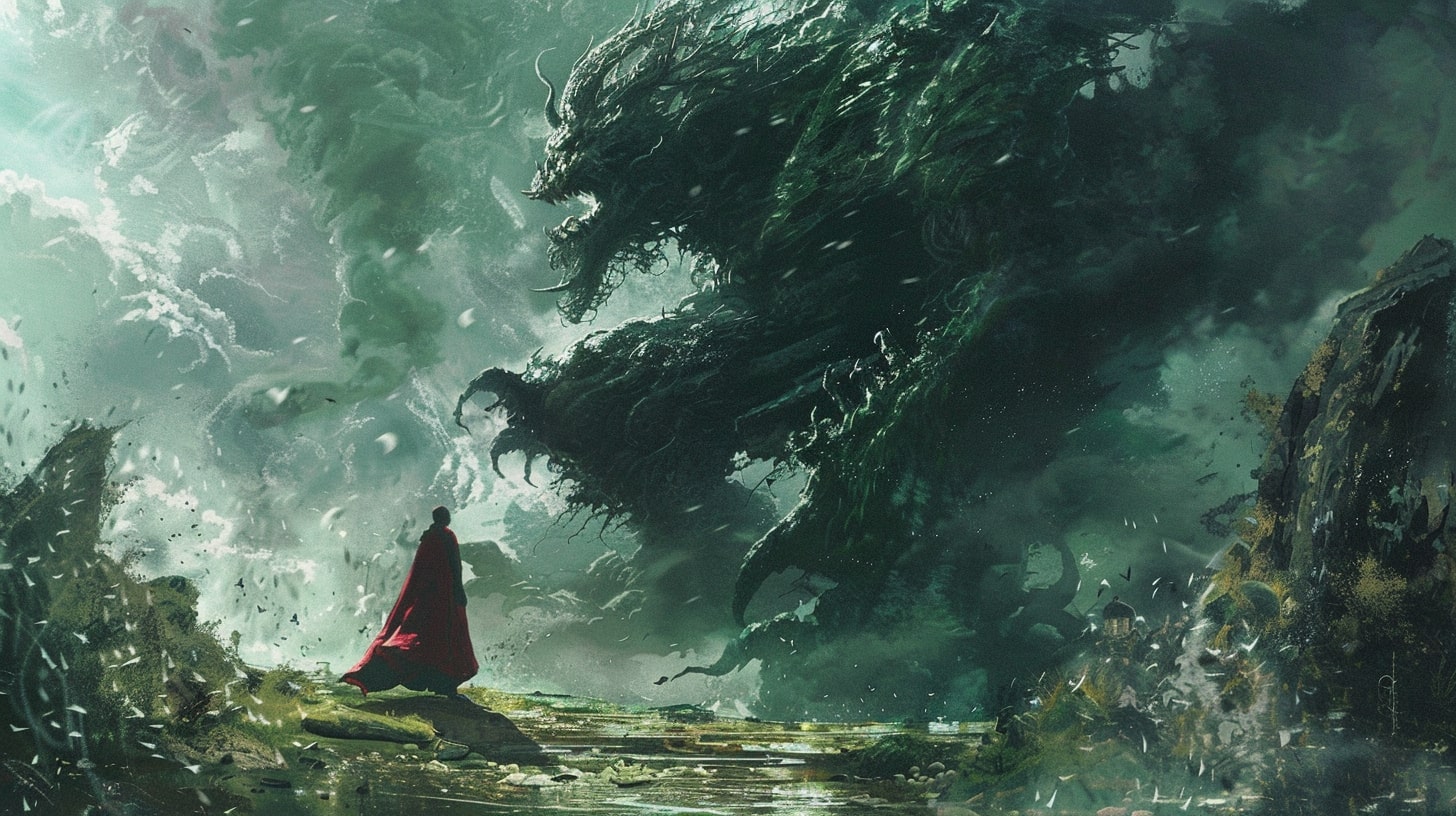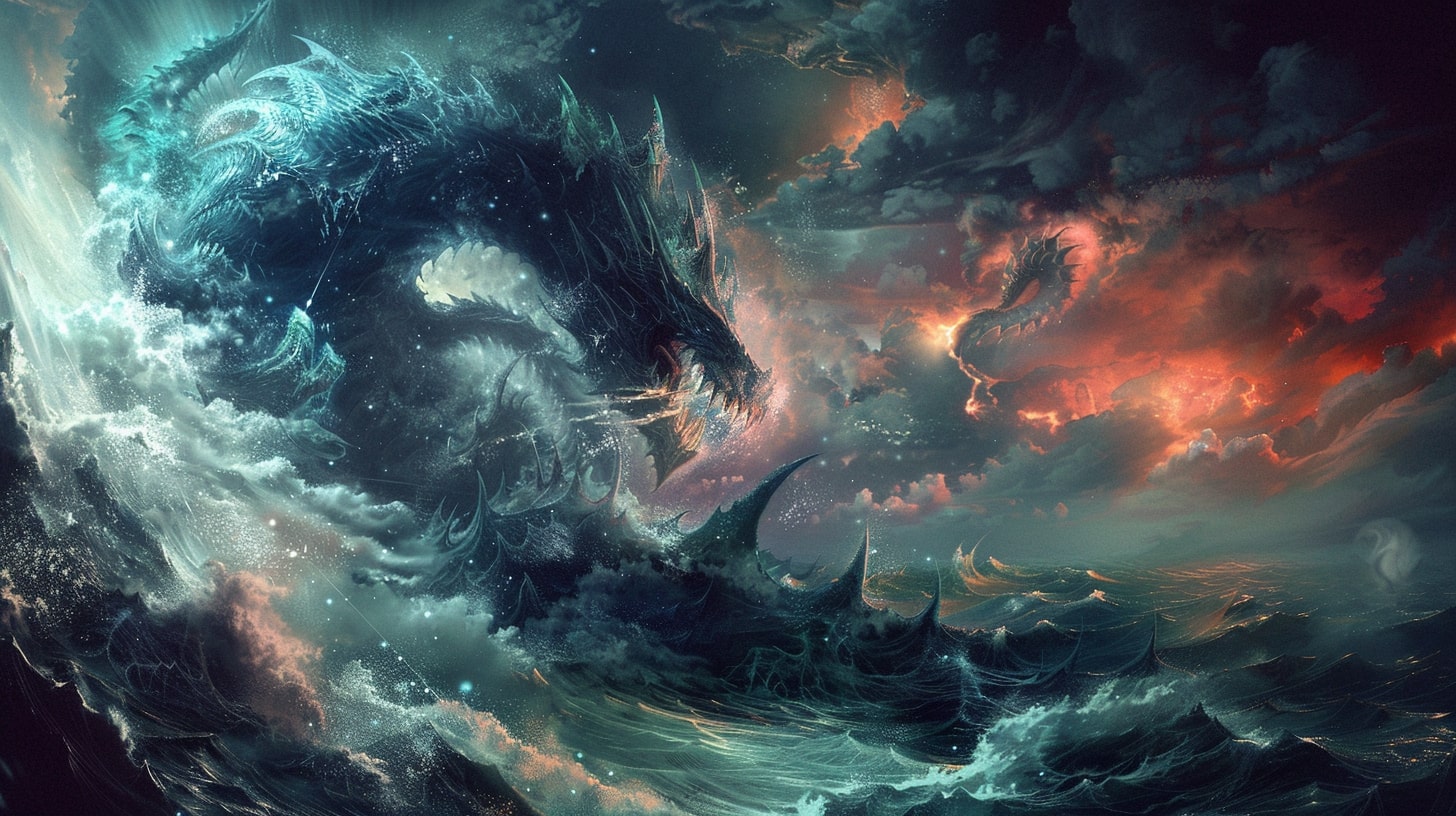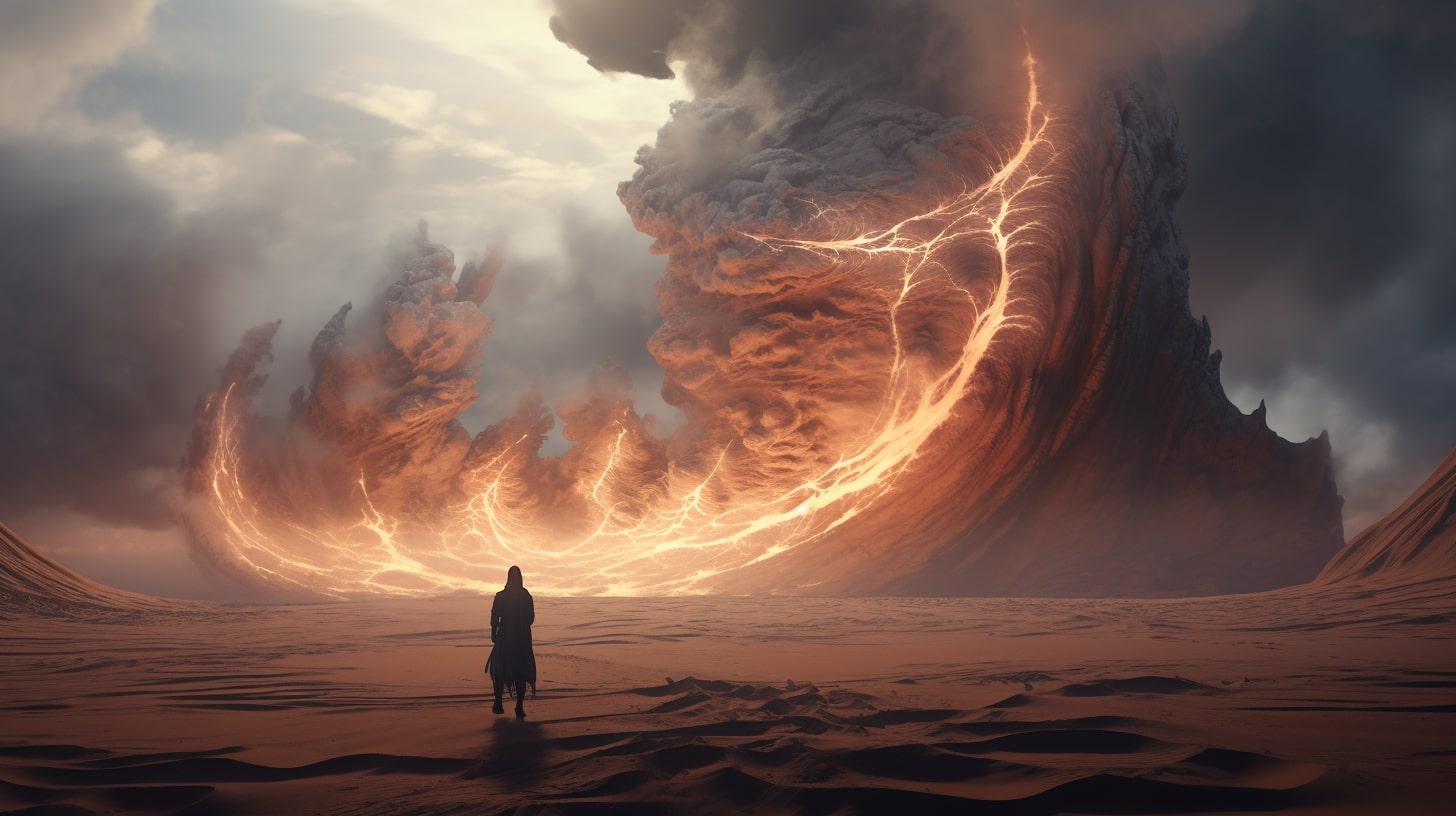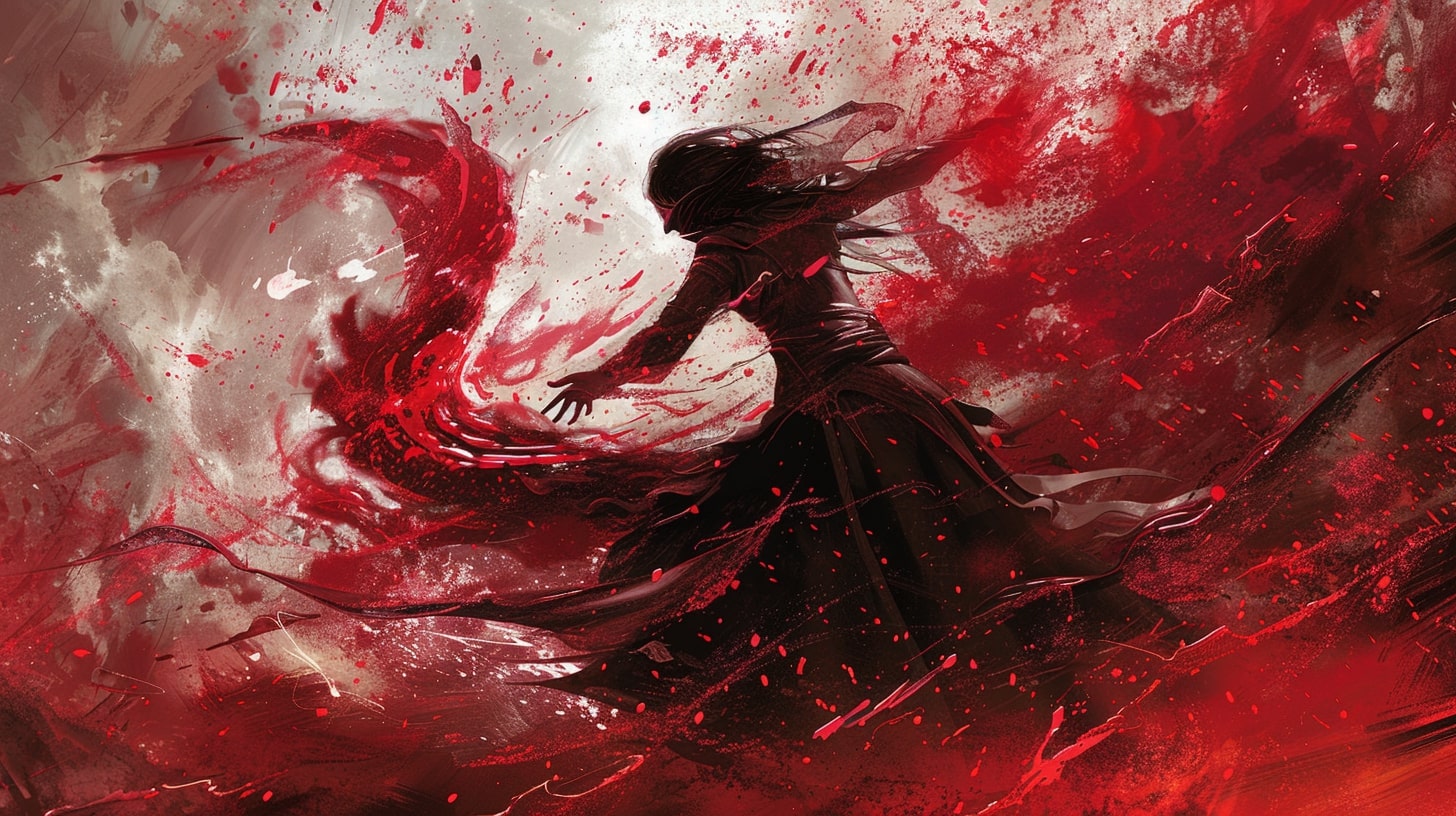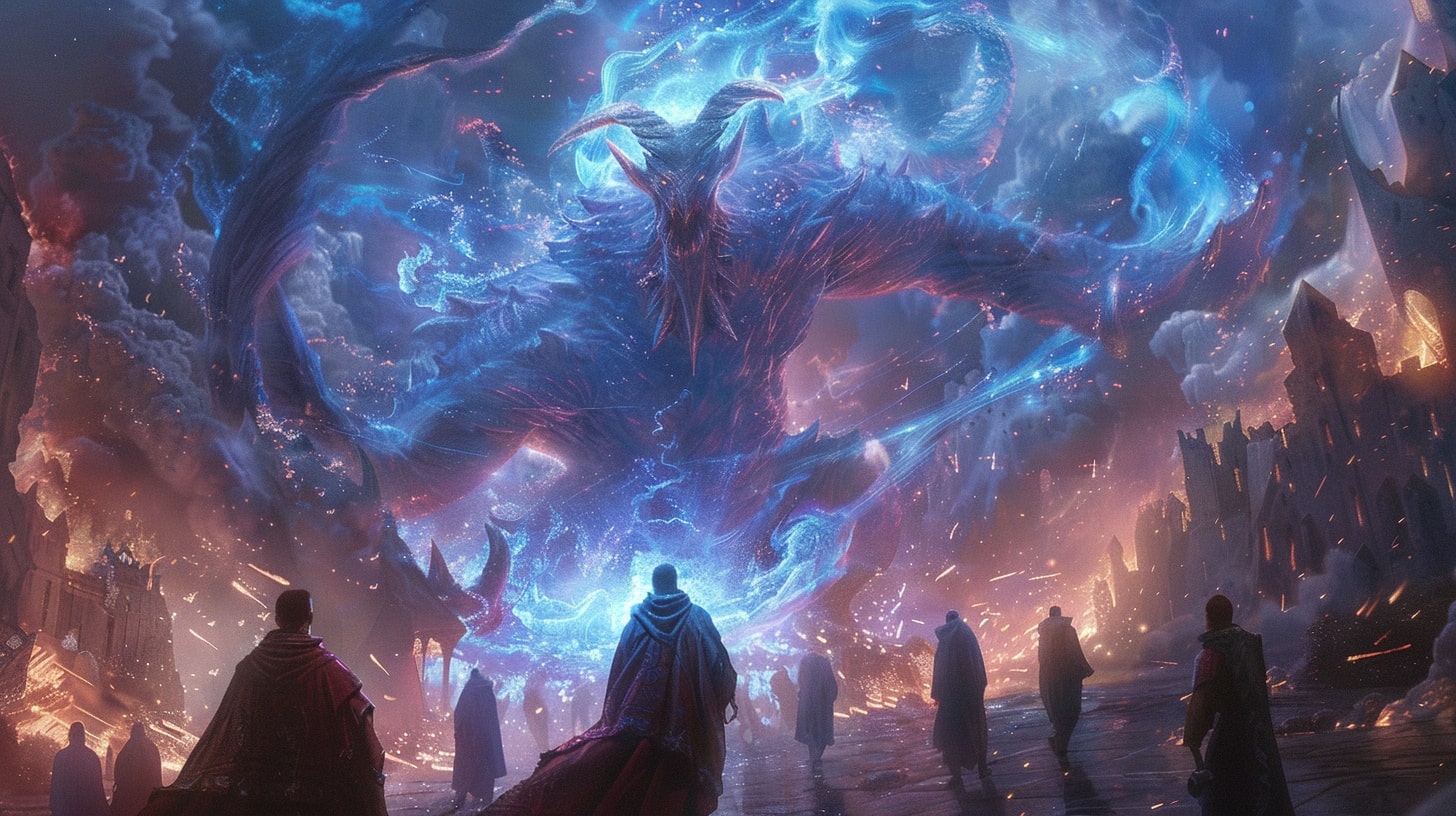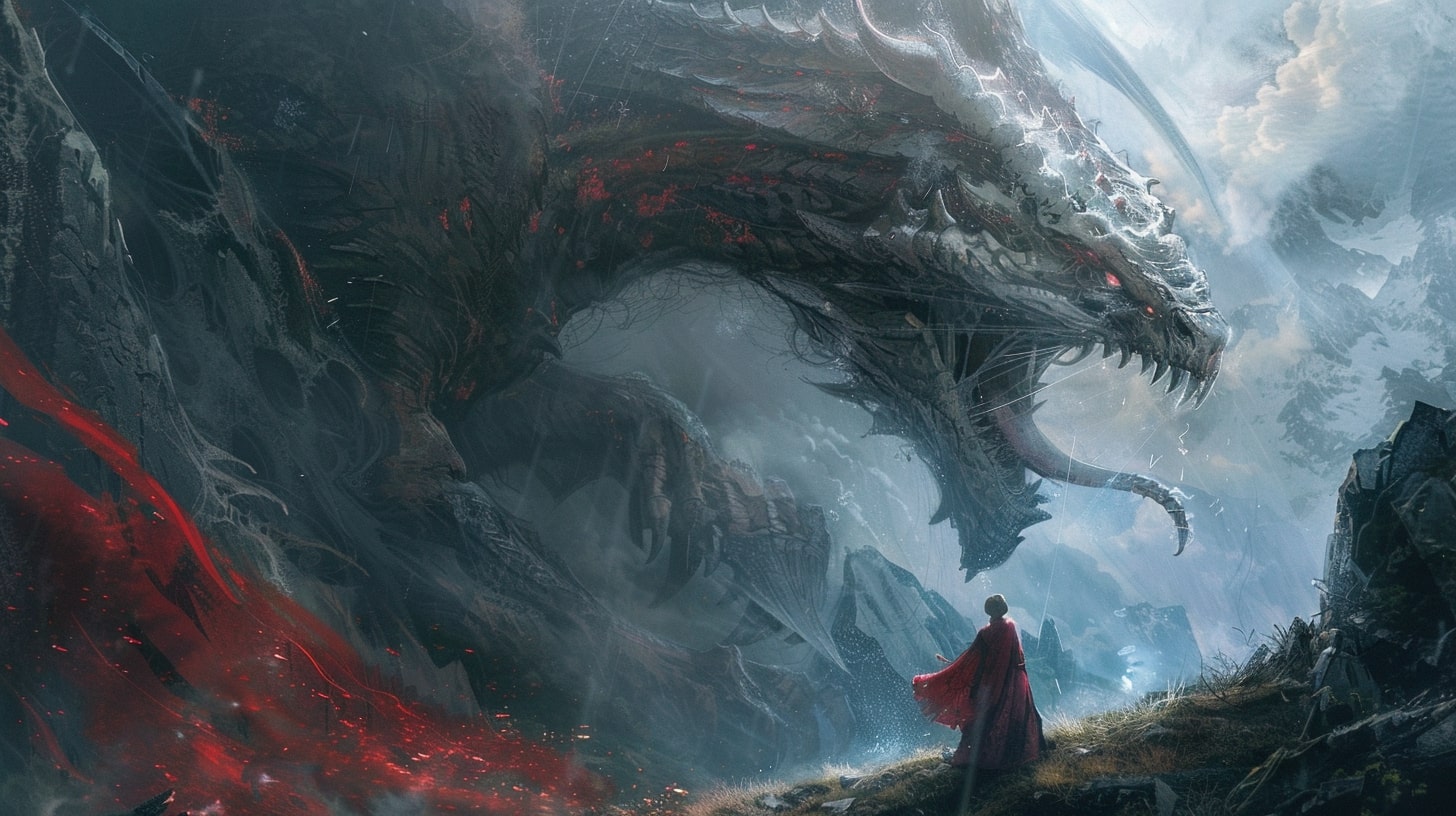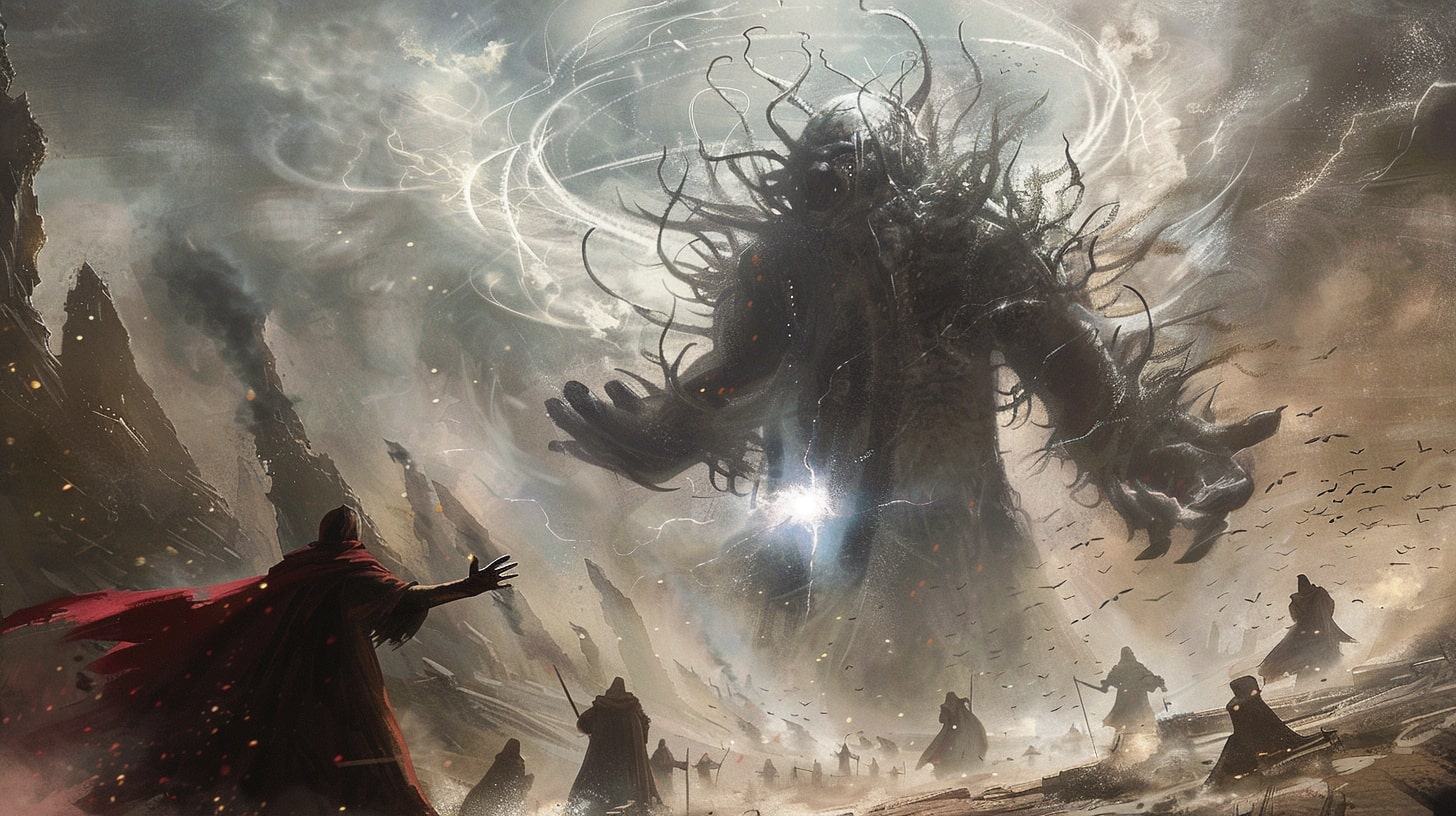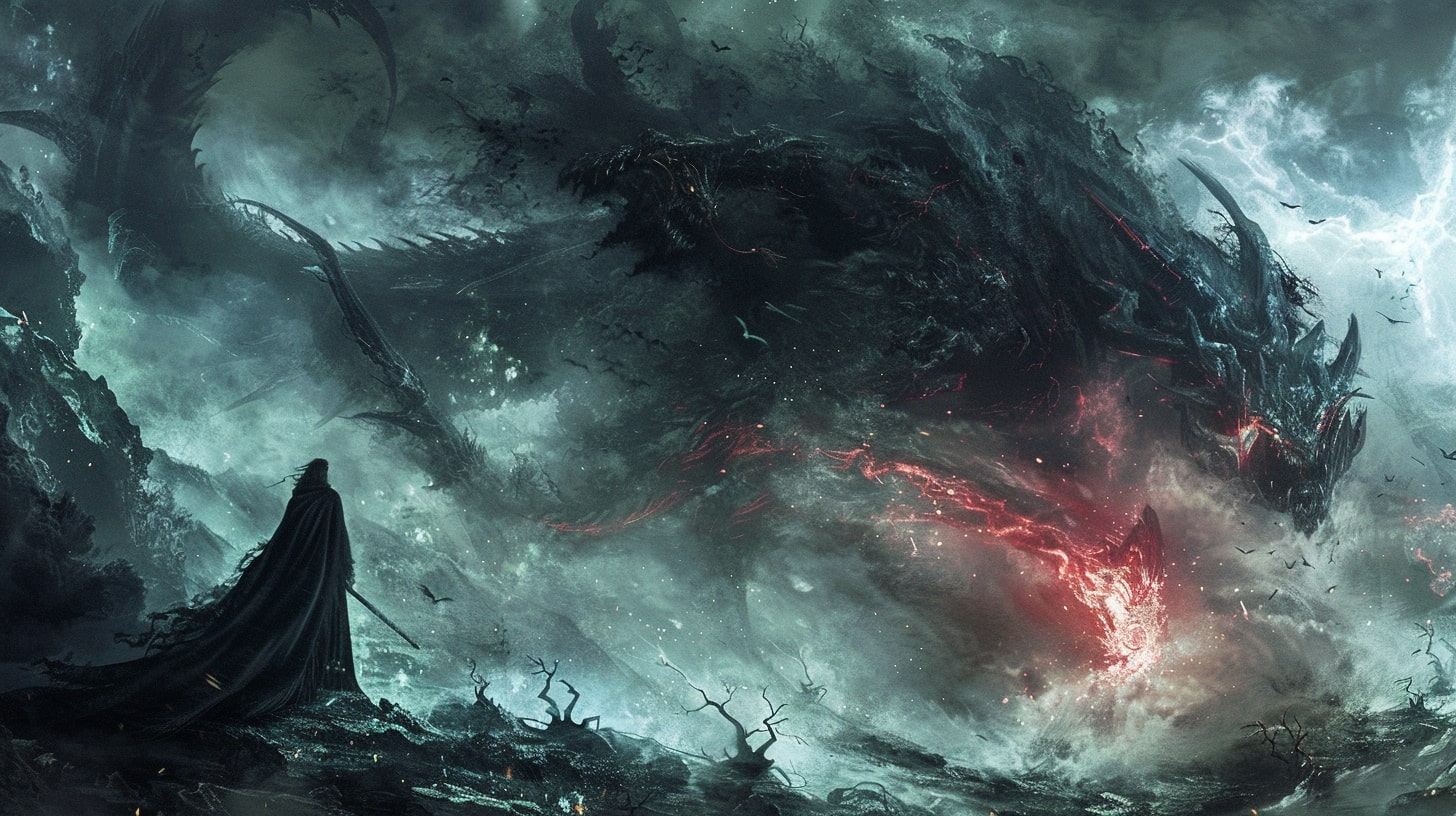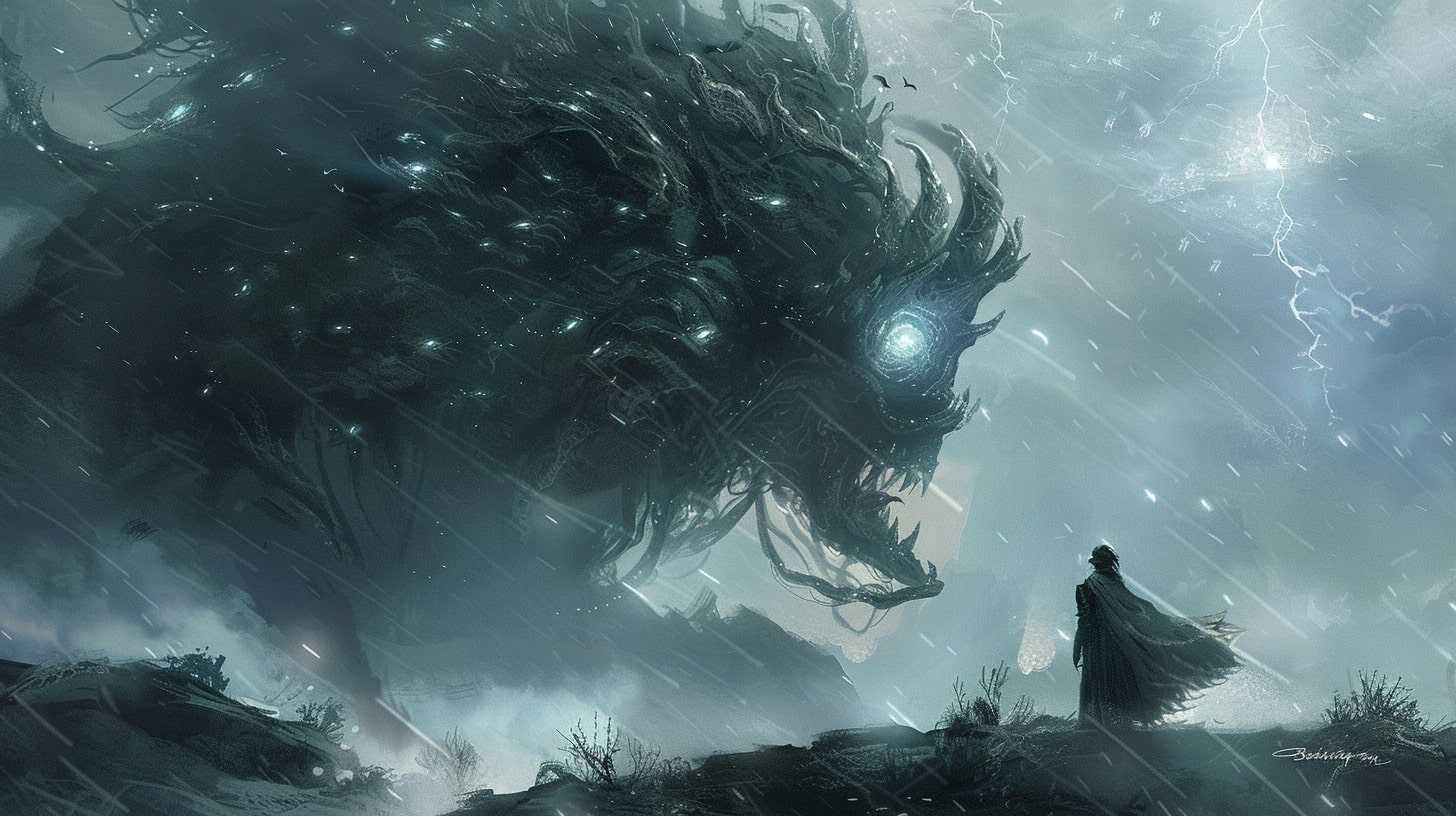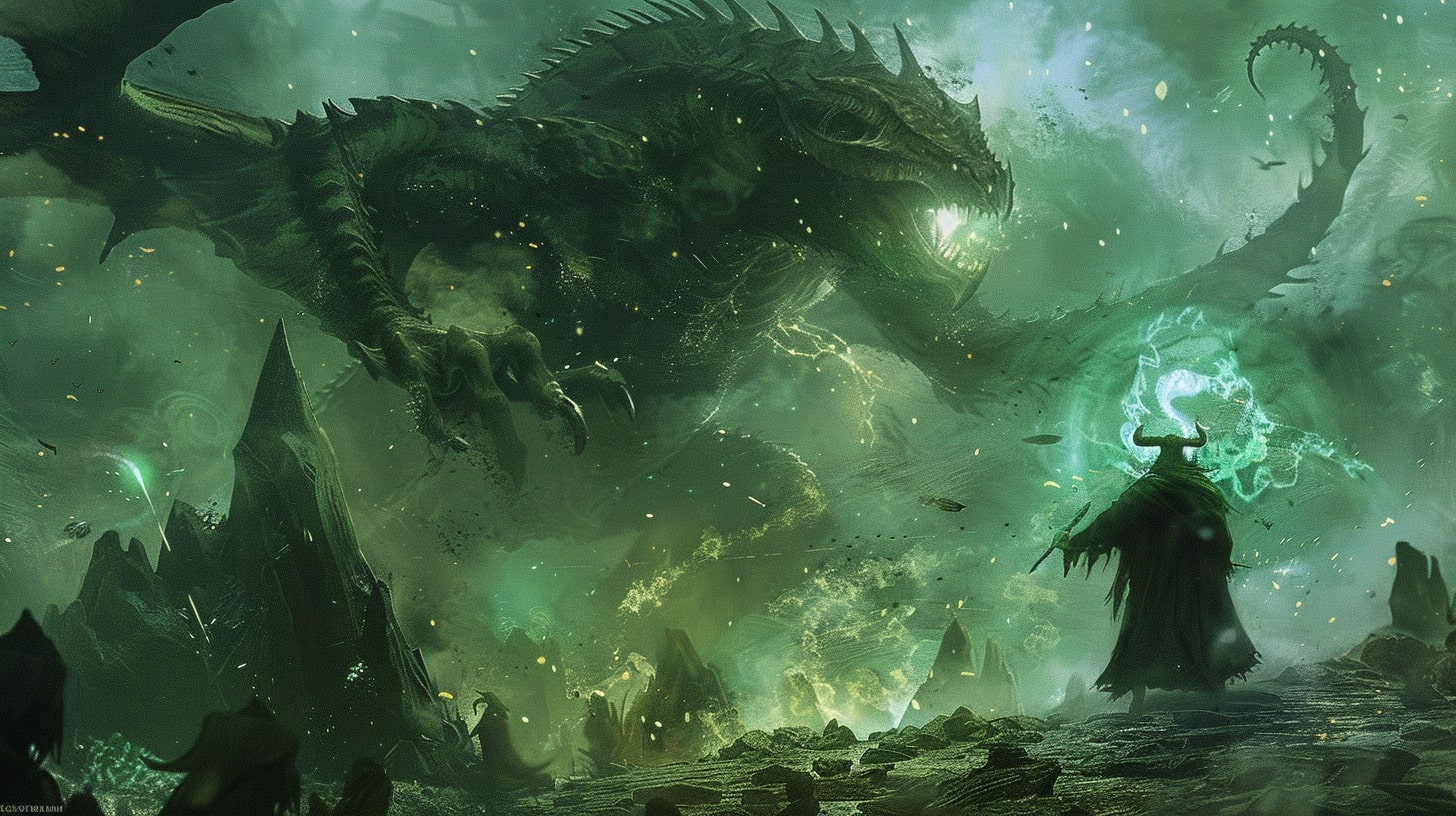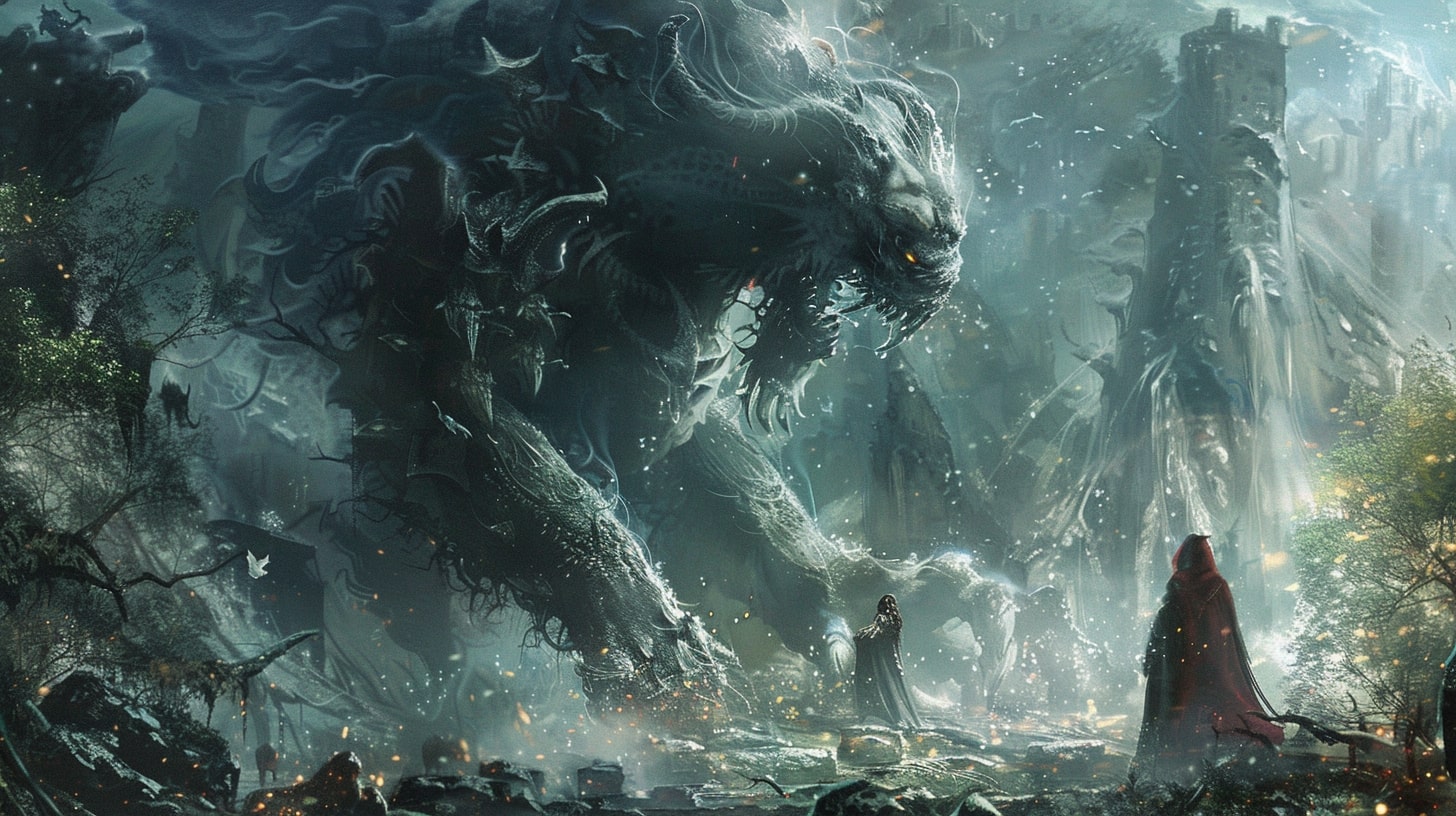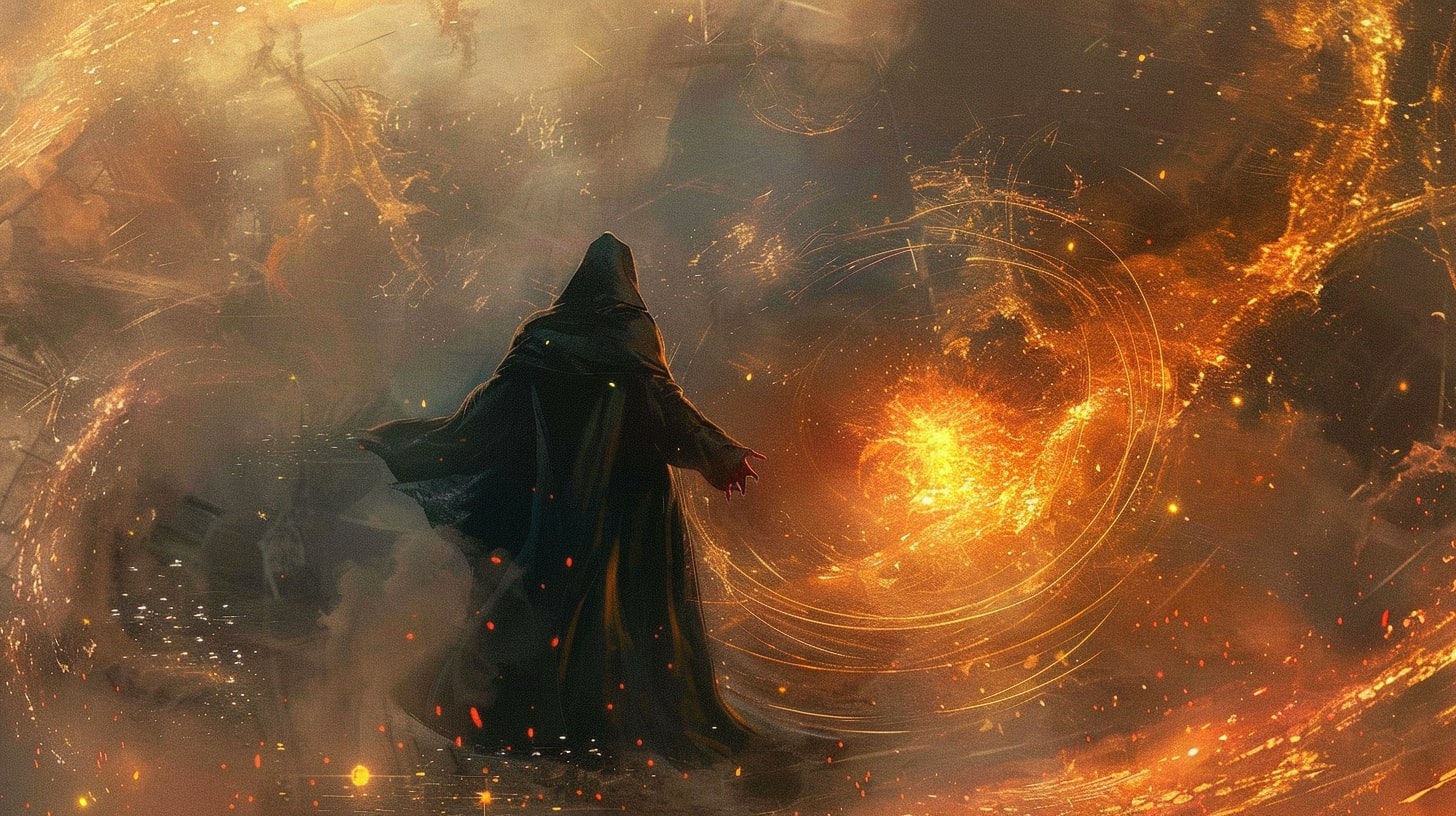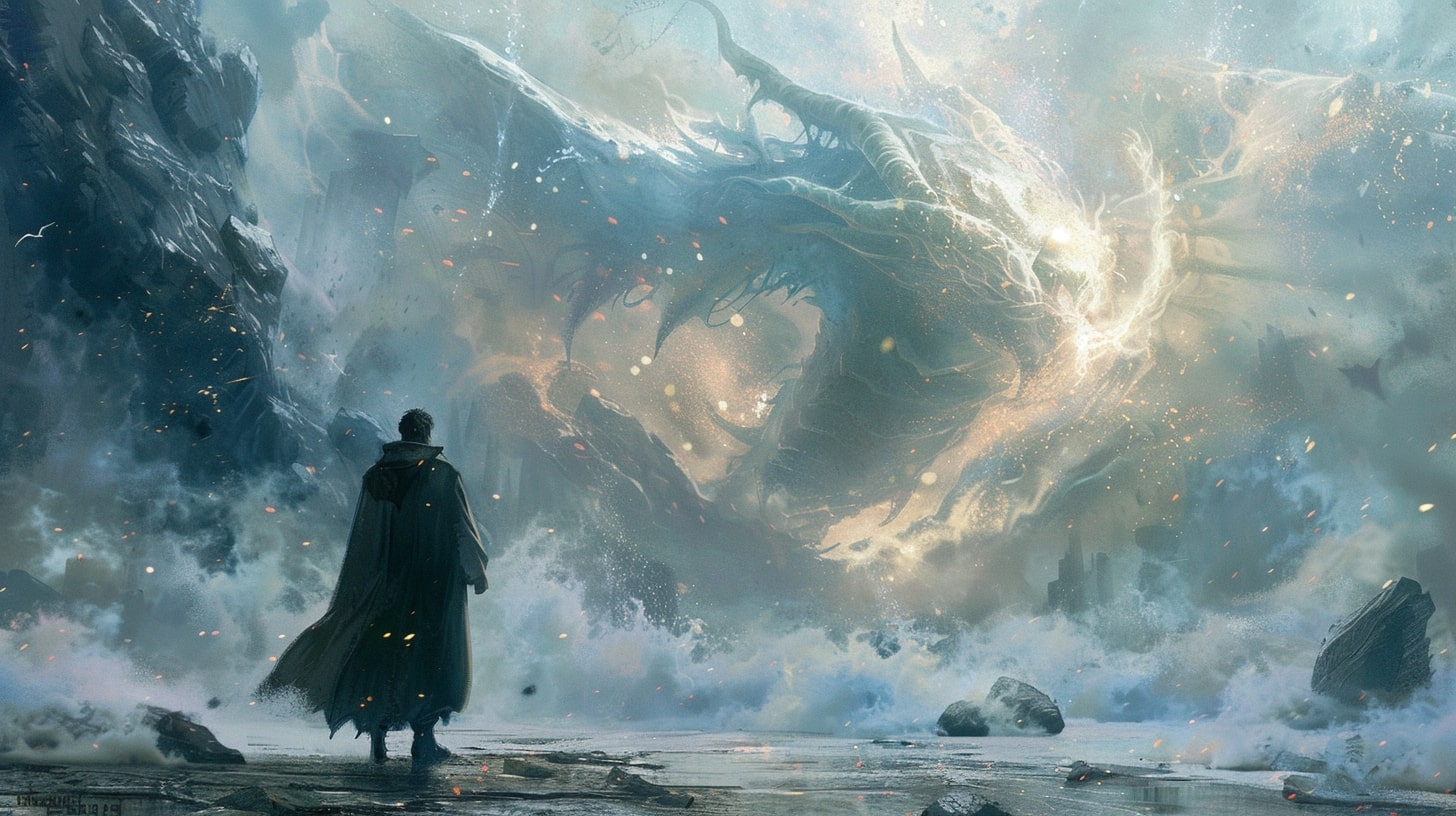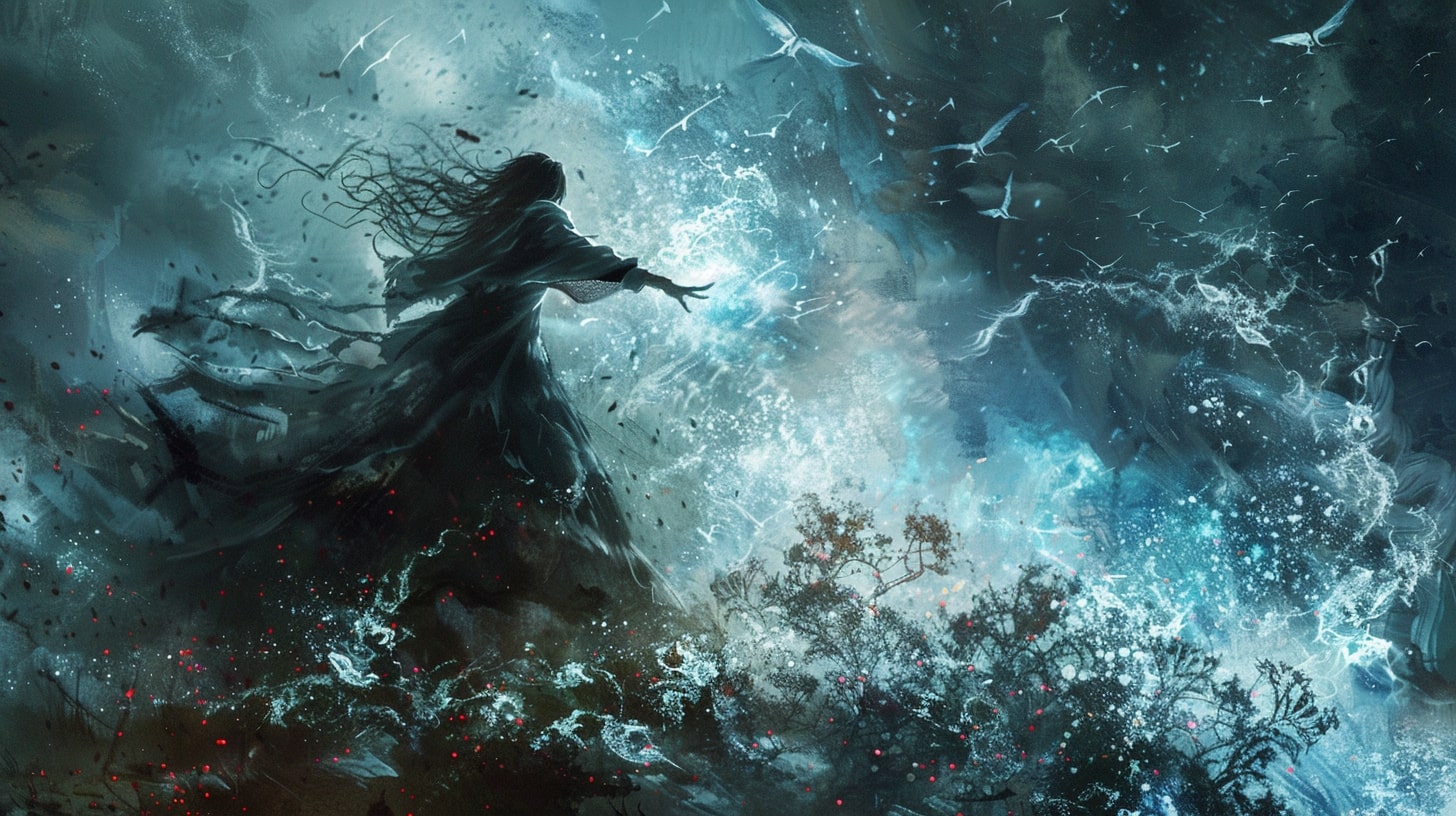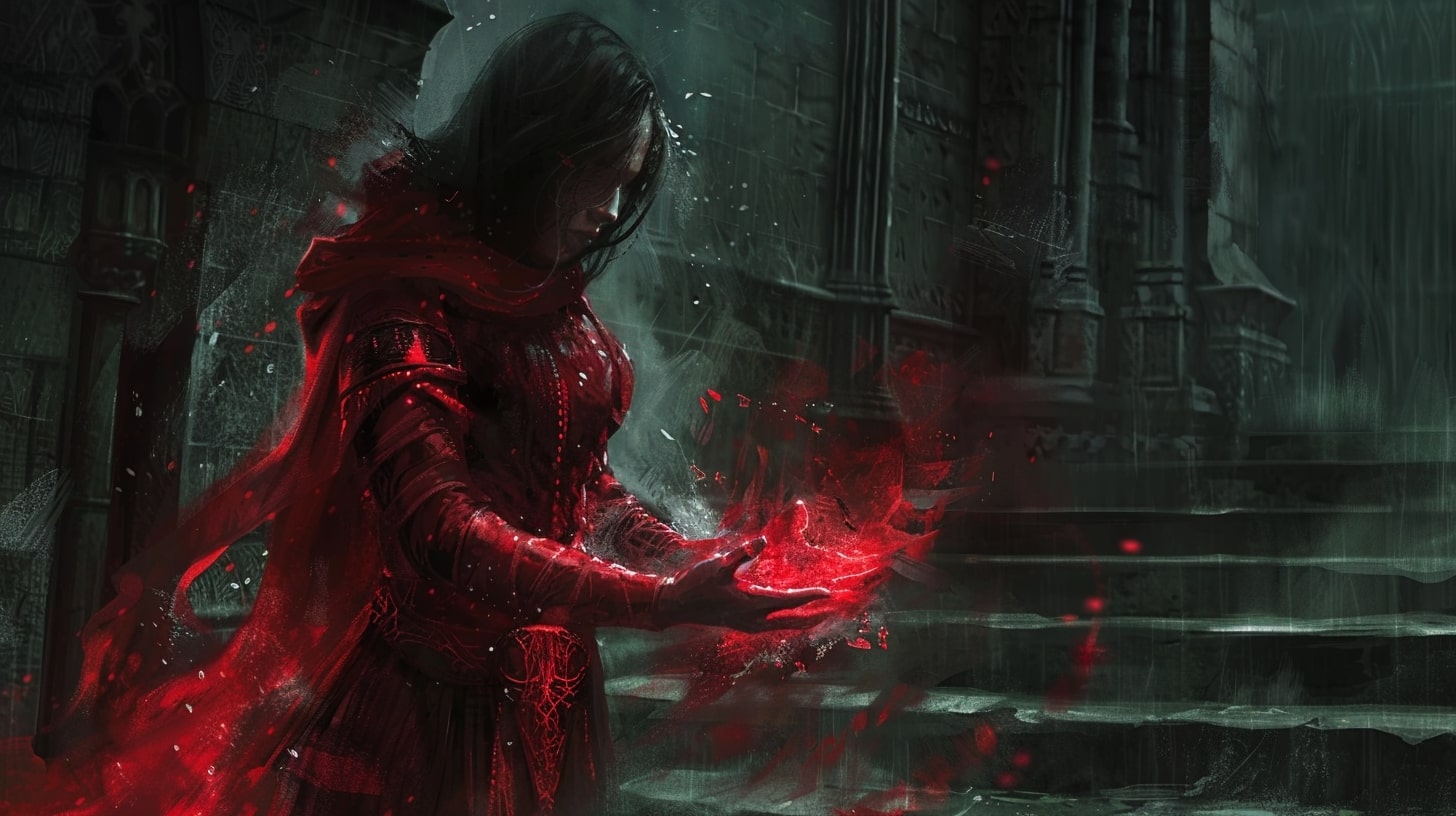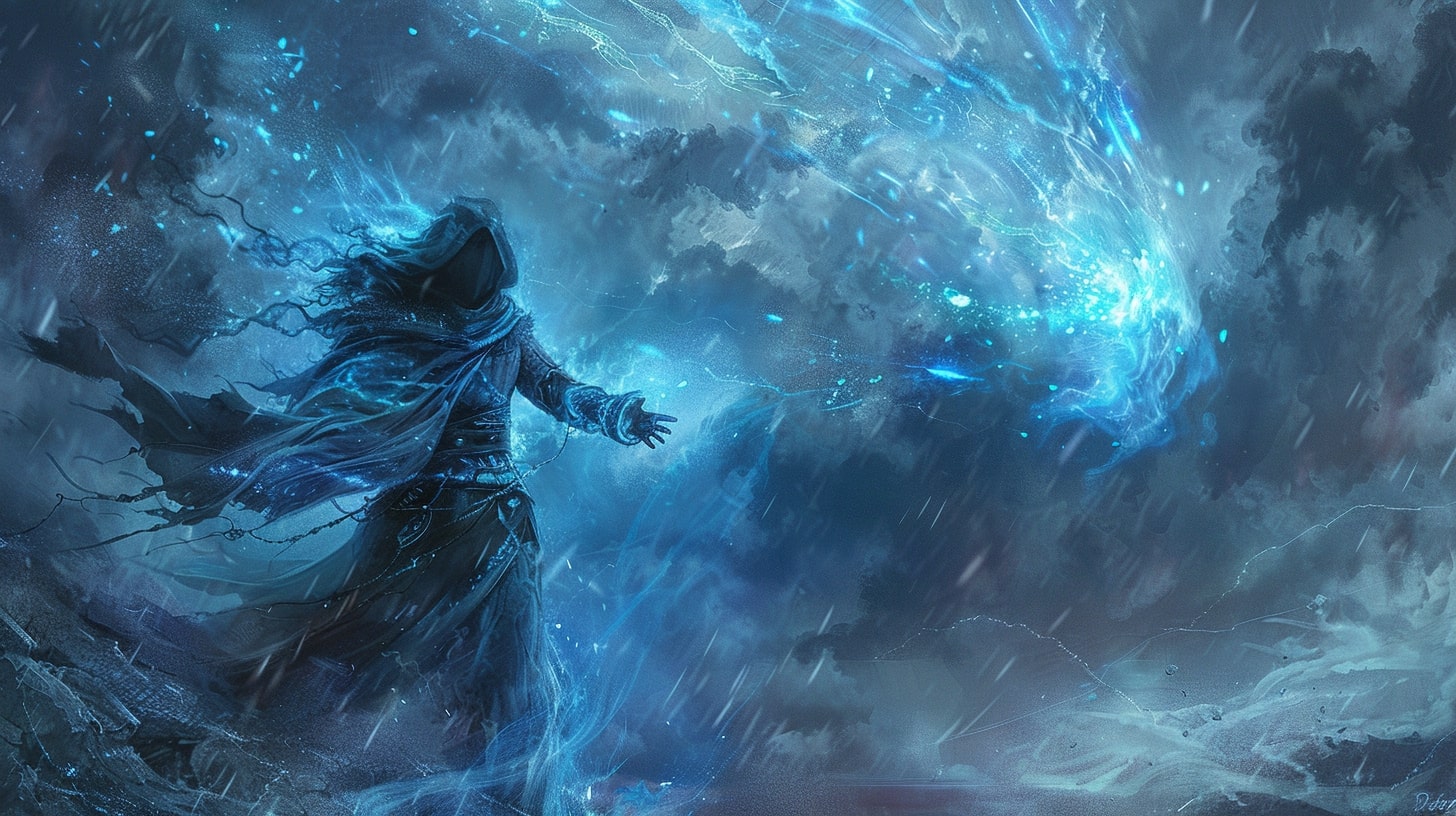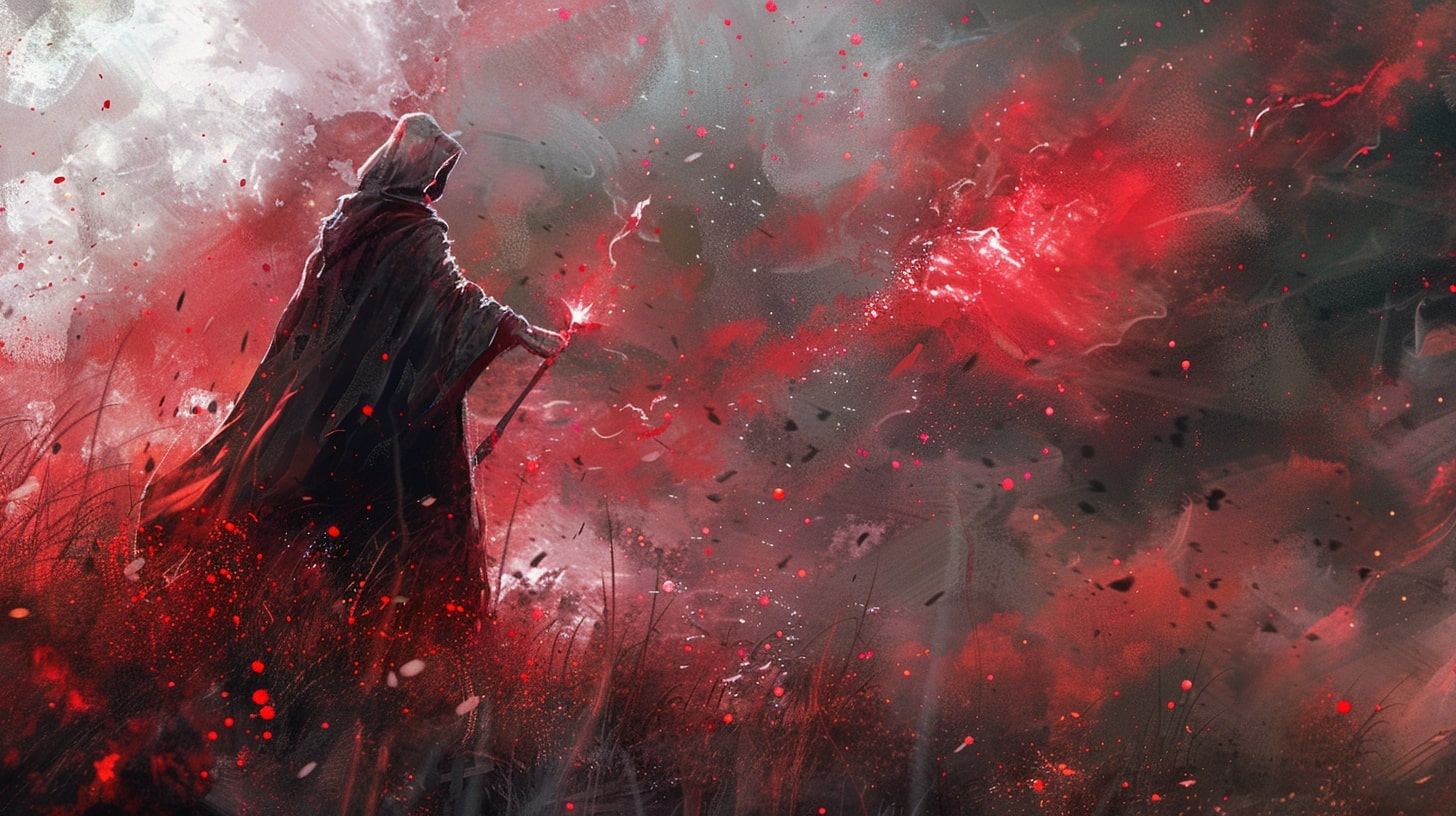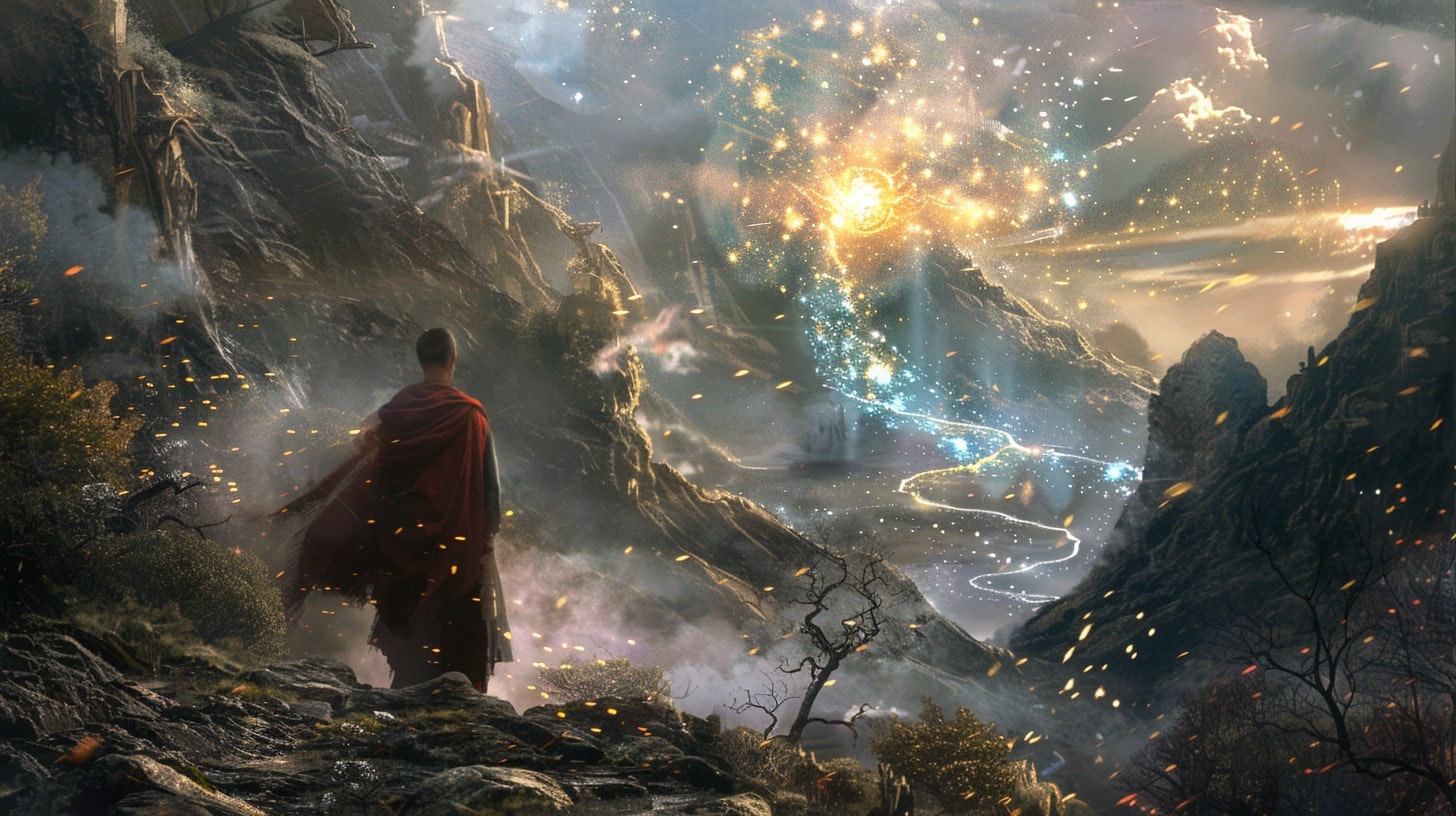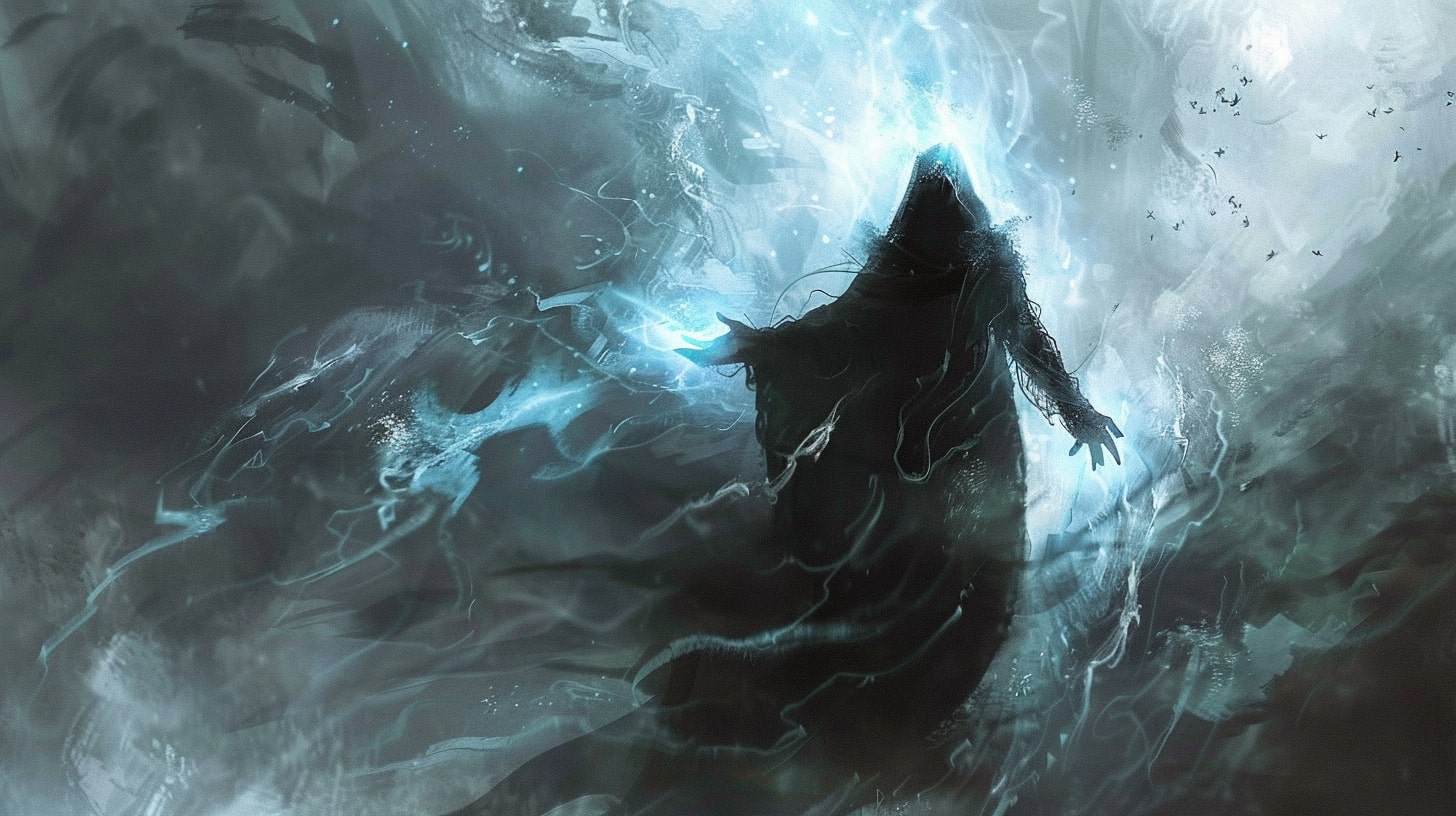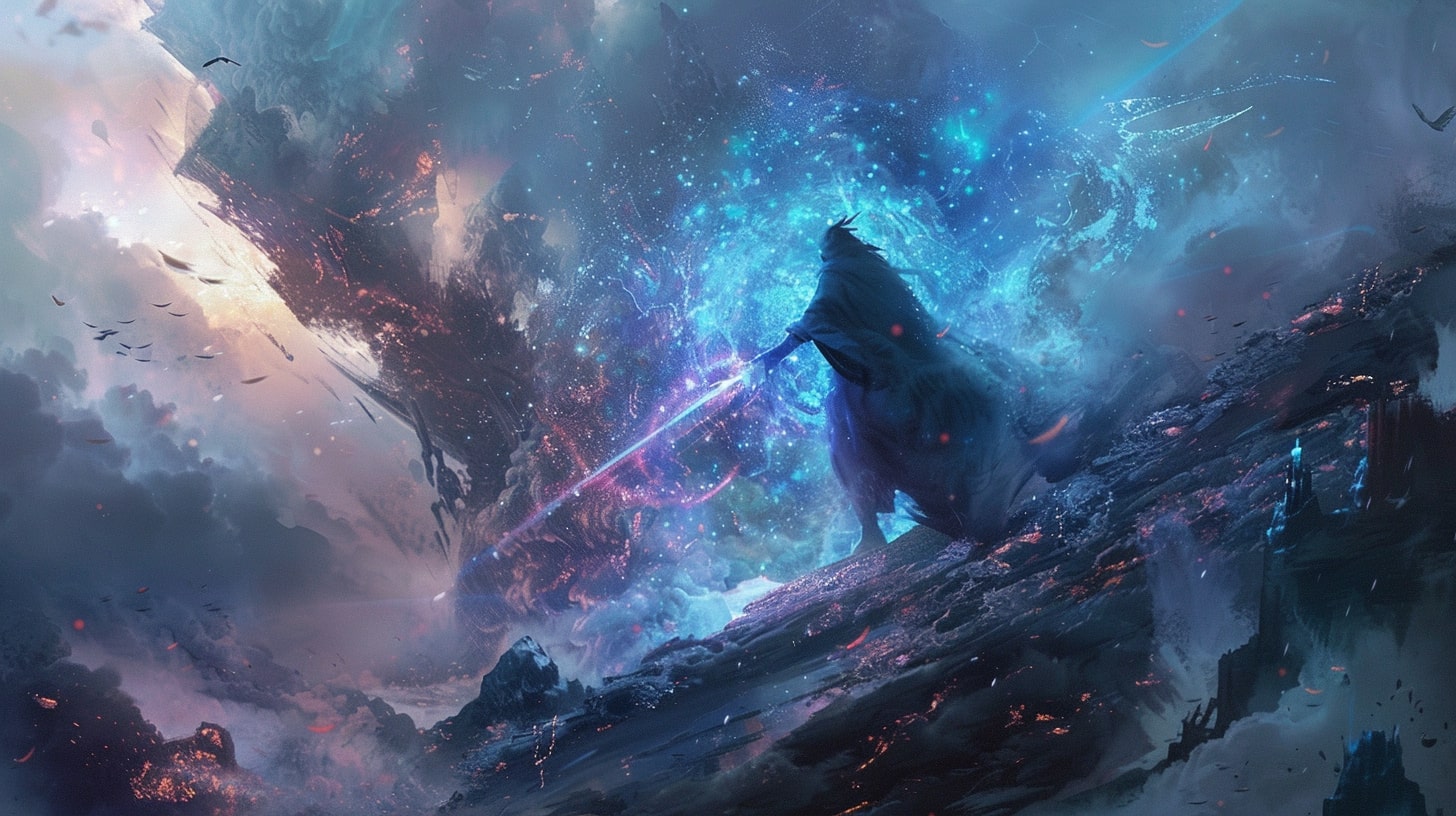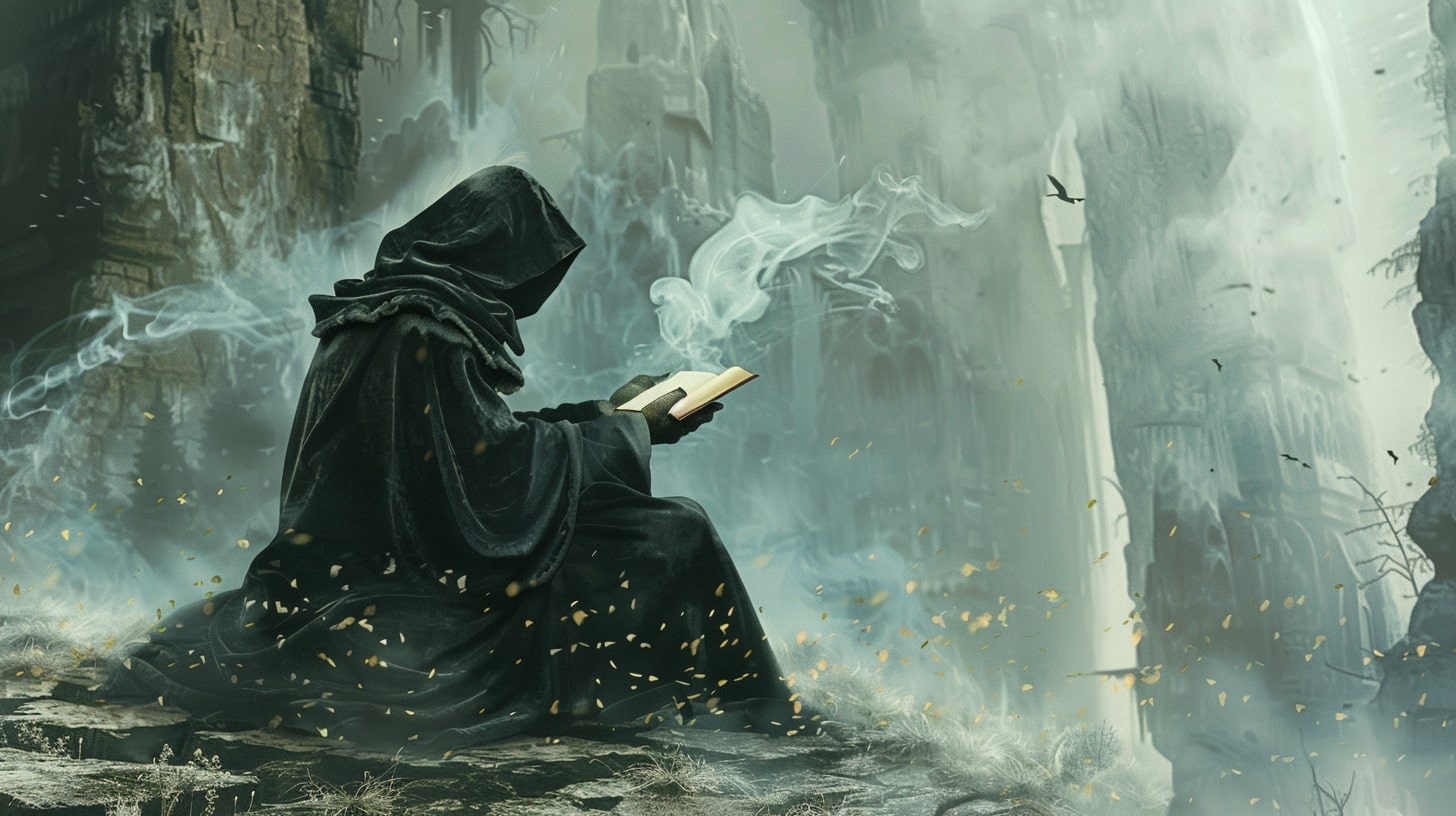Welcome to the fascinating world of magic system worldbuilding!
As a fantasy writer, you have the incredible power to create and shape magical realms that will captivate readers and transport them to worlds beyond their imagination.
In this section, we will explore the importance of magic systems in fantasy writing and how they can elevate your storytelling.
Introduction to Magic System Worldbuilding
Magic system worldbuilding is the process of constructing a coherent and immersive system of magic within your fictional world. It involves developing the rules, limitations, components, and mechanics of how magic works in your story. By establishing a well-thought-out magic system, you can bring depth, intrigue, and believability to your fantasy narrative.
Magic systems provide a framework that governs the use and consequences of magic. They can range from simple and straightforward to complex and intricate, depending on the needs of your story. The possibilities are endless, and through your creativity, you can shape unique and compelling magic systems that will leave readers spellbound.
Why Magic Systems Matter in Fantasy Writing
Magic systems are essential in fantasy writing for several reasons. Firstly, they add a sense of wonder and enchantment to your story. The presence of magic allows readers to escape into a world where the impossible becomes possible, fueling their imagination and creating a sense of awe.
Moreover, magic systems bring structure and consistency to your storytelling. By establishing rules and limitations, you provide a sense of order within the magical elements of your world. This helps to maintain a logical framework and prevents magic from becoming a deus ex machina that solves every problem.
Magic systems also offer opportunities for conflict and tension. Characters may have varying levels of magical abilities, different sources of magic, or even opposing ideologies on how magic should be used. These conflicts can drive your plot forward and create compelling character dynamics, adding depth and complexity to your narrative.
By constructing well-developed magic systems, you can immerse readers in a rich and vibrant world where magic feels real and integral to the story. So, let your creativity soar as you embark on the journey of crafting magical realms and weaving captivating tales that will transport your readers to extraordinary places.
In the next sections, we will explore the key elements of magic systems, delve into the process of developing your own magic system, and provide tips for effective magic system worldbuilding. Let’s dive in and unlock the secrets of constructing magical realms!
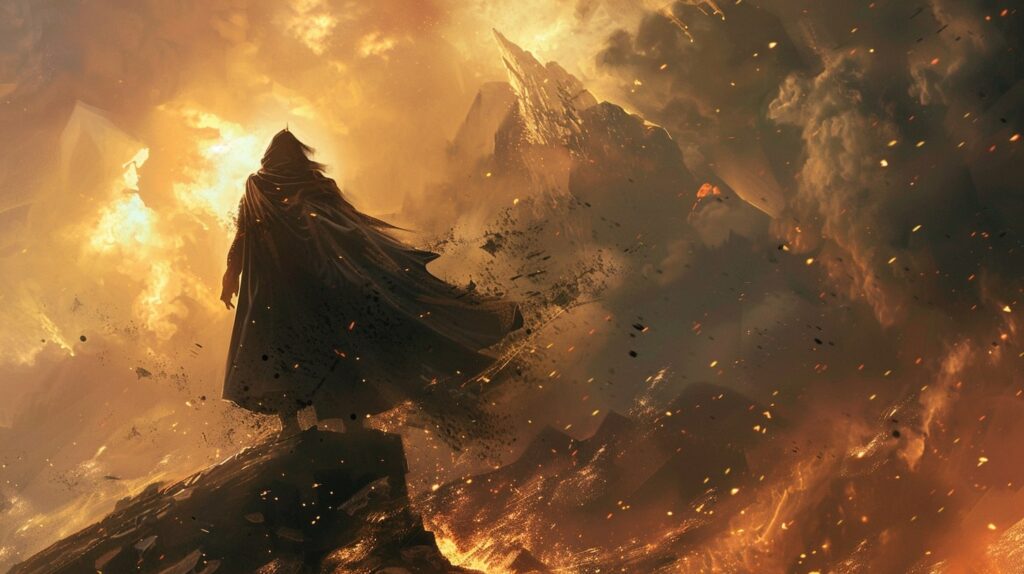
Elements of Magic Systems
When it comes to magic system worldbuilding, there are certain elements that are crucial to consider if you want to create a believable and captivating magical world. Two key elements to focus on are defining magic in your world and establishing rules and limitations for its use.
Defining Magic in Your World
To start, you need to define what magic is in your world. Is it a mystical force that exists in nature? Does it come from ancient artifacts or specific beings? Establishing the source of magic will help you shape its role and purpose within your story.
Consider the different types and forms of magic that exist in your world as well. Is it elemental magic where practitioners control fire, water, earth, or air? Or is it more diverse, encompassing various magical abilities? Defining these aspects will add depth and variety to your magical realms. For inspiration, check out our article on magic system ideas.
Establishing Rules and Limitations
To maintain consistency and balance within your magical world, it’s important to establish rules and limitations for the use of magic. These rules can dictate how magic is accessed, who can wield it, and the consequences of its use.
For example, you might establish that magic requires specific gestures, incantations, or even rare ingredients. You could also introduce limitations such as the need for a finite energy source or the risk of physical or mental exhaustion when casting spells. By defining these rules and limitations, you create a framework that guides the behavior and capabilities of magic users in your story. For more insights, explore our article on magic system rules and magic system limitations.
Incorporating these elements into your magic system worldbuilding will add depth and complexity to your story. Remember to consider how your magic system interacts with the broader aspects of your world, such as society, culture, and the environment. By carefully constructing your magic system, you can create a rich and immersive setting that will captivate readers and ignite their imagination.

Magic System Components
When constructing a magic system for your fantastical world, there are several key components that you need to consider. These components include the source of magic, the types and forms of magic, and the casting and spellcasting methods used within your magical realm.
Source of Magic
The source of magic is what fuels the magical abilities in your world. It can be derived from various origins, such as elemental forces, ancient artifacts, celestial entities, or even the innate life force within individuals. The source of magic sets the foundation for how magic functions and shapes the dynamics of your world.
In your worldbuilding process, you have the freedom to explore unique and imaginative sources of magic. Whether it’s drawing power from the elements, channeling divine energy, or tapping into the natural forces of the world, the source of magic adds depth and intrigue to your storytelling. To discover more ideas for magic systems, check out our article on magic system ideas.
Types and Forms of Magic
Magic can manifest in various types and forms within your world. It can be categorized into arcane, divine, elemental, nature-based, ritualistic, or even specialized forms like blood magic, light magic, or dark magic. Each type of magic carries its own unique properties, rules, and limitations.
Consider incorporating a variety of magic types into your world to create a rich tapestry of mystical abilities. This diversity adds complexity to your storytelling and allows for interesting character dynamics. Explore our articles on types of magic systems and magic system examples to gain inspiration for developing different types and forms of magic in your world.
Casting and Spellcasting
The way magic is cast and spells are performed is another crucial aspect of your magic system. It involves the techniques, rituals, and incantations used by practitioners to harness and manipulate magical energy. The casting process can vary greatly depending on the rules and limitations you establish.
Some magic systems may require intricate rituals, complex hand gestures, or spoken words of power. Others may rely on innate abilities or a deep connection with the source of magic. The casting and spellcasting methods you choose should align with the overall tone and themes of your world. For more insights on magic system mechanics, explore our article on magic system mechanics.
By carefully considering the source of magic, exploring different types and forms of magic, and defining the casting and spellcasting methods, you can construct a captivating and cohesive magic system for your fantastical world. Remember to maintain consistency, develop a logical framework, and weave the magical elements seamlessly into your narrative.
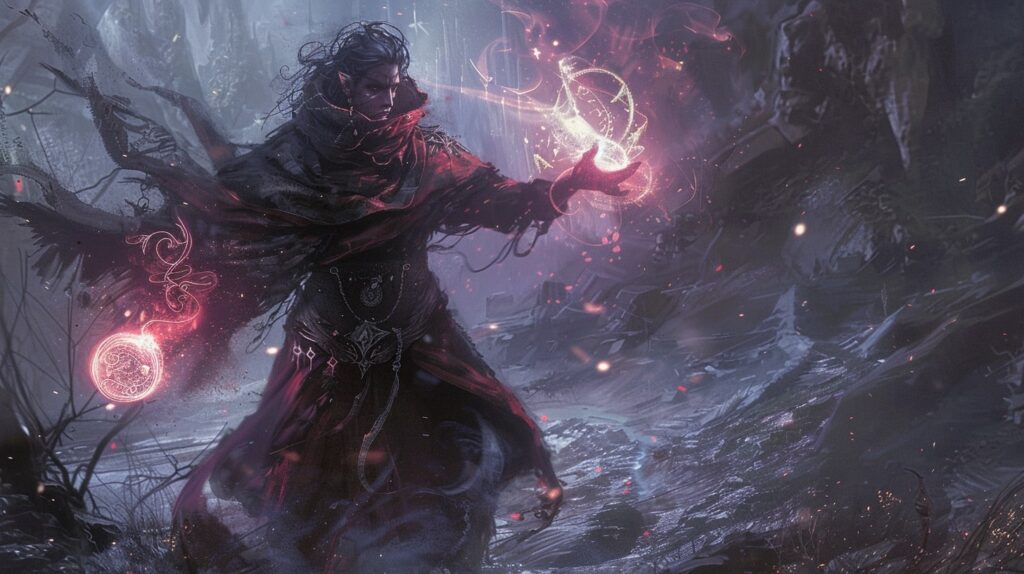
Developing Your Magic System
In the realm of fantasy writing, developing a well-crafted magic system is essential for creating an immersive and captivating world. This section will guide you through the process of creating a magic hierarchy, exploring the relationship between magic and society, and understanding magic’s impact on the world you are building.
Creating a Magic Hierarchy
When building your magic system, it can be helpful to establish a hierarchy that outlines the different levels or types of magical abilities. This hierarchy can range from novice practitioners to powerful sorcerers or even beings with god-like magical abilities. By creating this hierarchy, you provide a clear structure to your magic system, which can add depth and complexity to your story.
Consider incorporating various levels of magical proficiency, such as apprentices, adepts, masters, or specialized magical professions. This hierarchy allows you to showcase the growth and development of your characters’ magical abilities as they progress through their journeys. For more inspiration on magic system ideas and concepts, check out our article on magic system ideas.
Magic and Society
Magic often plays a significant role in shaping the societies within your fictional world. It can influence power dynamics, social structures, and cultural practices. Consider how magic is perceived and regulated within different communities. Are there laws or institutions that govern the use of magic? Are some forms of magic revered while others are feared or outlawed? How does magic impact social hierarchies and the daily lives of individuals?
Exploring the relationship between magic and society helps you create a more realistic and engaging world. By understanding how magic is integrated into different cultures and civilizations, you can develop compelling storylines and conflicts within your narrative. For more insights on incorporating magic into society, take a look at our article on magic system integration.
Magic’s Impact on the World
Magic has the potential to shape and transform the world you are constructing. Consider the ways in which magic affects the environment, geography, and natural phenomena. Does magic influence the climate or alter the landscape? Are there magical creatures or plants that exist as a result of the magical forces within your world? How does magic impact the balance of power among different factions or nations?
By weaving magic into the fabric of your world, you can create a sense of wonder and intrigue for your readers. However, it’s crucial to maintain consistency and internal logic within your magic system. Make sure to establish clear rules and limitations, as discussed in the previous section on magic system rules and limitations. This ensures that the use of magic remains believable and avoids overpowering your story.
As you develop your magic system, consider conducting research and gathering inspiration from a variety of sources. Explore different types of magic systems, such as elemental, divine, nature-based, or ritualistic magic. This research will help you refine and expand upon your own unique magic system. For additional guidance on magic system development, check out our article on magic system development.
By carefully constructing your magic hierarchy, exploring the relationship between magic and society, and considering the broader impact of magic on your world, you can create a captivating and well-rounded magic system that enriches your fantasy narrative.
Crafting Magical Realms
To create captivating and immersive magical realms, it’s essential to incorporate magic into the environment, utilize magic as a plot device, and strike a balance between magic and other elements in your world.
Incorporating Magic into the Environment
When crafting a magical realm, one of the key elements is seamlessly integrating magic into the environment. Consider how magic interacts with the landscapes, flora, and fauna of your world. Are there enchanted forests, mystical waterfalls, or ancient magical artifacts hidden in remote locations? By weaving magic into the very fabric of your world, you can enhance the sense of wonder and make it an integral part of the setting.
Additionally, think about how magic influences the climate and natural phenomena. Are there regions where the weather is controlled by powerful wizards or areas where magical ley lines intersect, causing strange phenomena to occur? These magical environmental elements not only add depth to your world but also provide opportunities for intriguing plot developments.
Magic as a Plot Device
Magic can serve as a powerful plot device in your storytelling. It can drive conflicts, spur character development, and introduce unexpected twists and turns. Consider how magic can be used to create challenges and obstacles for your characters, or how it can be a catalyst for major events in your story.
For example, a protagonist with a unique magical ability might be sought after by both allies and adversaries, leading to a thrilling quest. Alternatively, forbidden or dark magic could corrupt a once peaceful kingdom, setting the stage for an epic battle between good and evil. By carefully integrating magic into your plot, you can add depth and excitement to your narrative.
Balancing Magic with Other Elements
While magic is an essential aspect of a magical realm, it’s crucial to maintain a balance with other elements of your world. Characters, cultures, politics, and technology should not be overshadowed by the presence of magic. Rather, magic should complement and interact with these elements, enhancing the overall storytelling experience.
Consider how different societal groups in your world perceive and interact with magic. Are there organizations dedicated to studying and harnessing magical energy? Do certain cultures revere magic, while others fear or shun it? By exploring the social, cultural, and political implications of magic, you can create a more immersive and believable world.
Maintaining a balance between magic and other elements also means establishing clear rules and limitations for your magic system. By defining the boundaries of magic within your world, you can prevent it from becoming a deus ex machina and ensure that conflicts and challenges have meaningful resolutions.
Crafting magical realms involves careful consideration of how magic is incorporated into the environment, how it serves as a plot device, and how it interacts with other elements of your world. By striking this balance, you can construct a rich and enchanting world that captivates readers and brings your magical realm to life.
Tips for Effective Magic System Worldbuilding
Building a captivating and believable magic system is crucial for fantasy writers. To create a compelling world, consistency and internal logic, symbolism and themes, and evoking wonder and intrigue are key factors to consider.
Consistency and Internal Logic
To make your magic system feel authentic and coherent, it’s important to establish consistent rules and adhere to internal logic throughout your worldbuilding. Consider the following:
-
Magic system rules: Define the principles and mechanics that govern your magic system. Are there specific gestures or incantations required to cast spells? Are there limitations on the use of magic, such as a finite energy source or the need for certain ingredients? Explore our article on magic system rules for more inspiration.
-
Magic system limitations: Establishing limitations adds depth and tension to your magic system. Determine the boundaries of what magic can and cannot do. Are there certain spells that are forbidden due to their dangerous nature? Are there consequences for overusing magic? Check out our article on magic system limitations for further insights.
By maintaining consistency and adhering to the internal logic you have established, your magic system will feel grounded and believable, enhancing the overall immersion of your readers.
Symbolism and Themes
Magic systems can be a powerful tool for conveying symbolism and exploring themes within your story. Consider the following approaches:
- Symbolism: Assign symbolic meaning to different elements of your magic system. For example, if your magic system revolves around elemental magic, you could associate fire with passion and destruction, while water may represent healing and renewal. Visit our article on elemental magic system for more ideas.
- Themes: Explore thematic elements through your magic system. For instance, you could explore the theme of balance by incorporating opposing forces of light and dark magic. Alternatively, you might delve into the theme of sacrifice by linking magic to personal costs or consequences. Discover more inspiration in our article on magic system concepts.
By infusing symbolism and themes into your magic system, you can deepen the layers of your story and engage readers on a deeper level.
Evoking Wonder and Intrigue
A well-crafted magic system should captivate readers and leave them in awe. Consider the following techniques:
- Magic system mechanics: Develop unique and intriguing aspects in your magic system. This could involve combining different forms of magic or introducing rare magical abilities. Explore our article on magic system mechanics for inspiration.
- Magic system integration: Weave magic seamlessly into the fabric of your world. Consider how magic influences different aspects of society, culture, and the environment. For example, a nature-based magic system might impact the growth of plants and the behavior of animals. Dive deeper into this topic by reading our article on magic system integration.
By evoking a sense of wonder and intrigue, your magic system can transport readers to extraordinary realms and keep them eagerly turning the pages.
By incorporating consistency and internal logic, symbolism and themes, and evoking wonder and intrigue into your magic system worldbuilding, you can create a rich and immersive fantasy world that will captivate your readers. So go forth, let your imagination soar, and construct magical realms that will leave a lasting impression.
